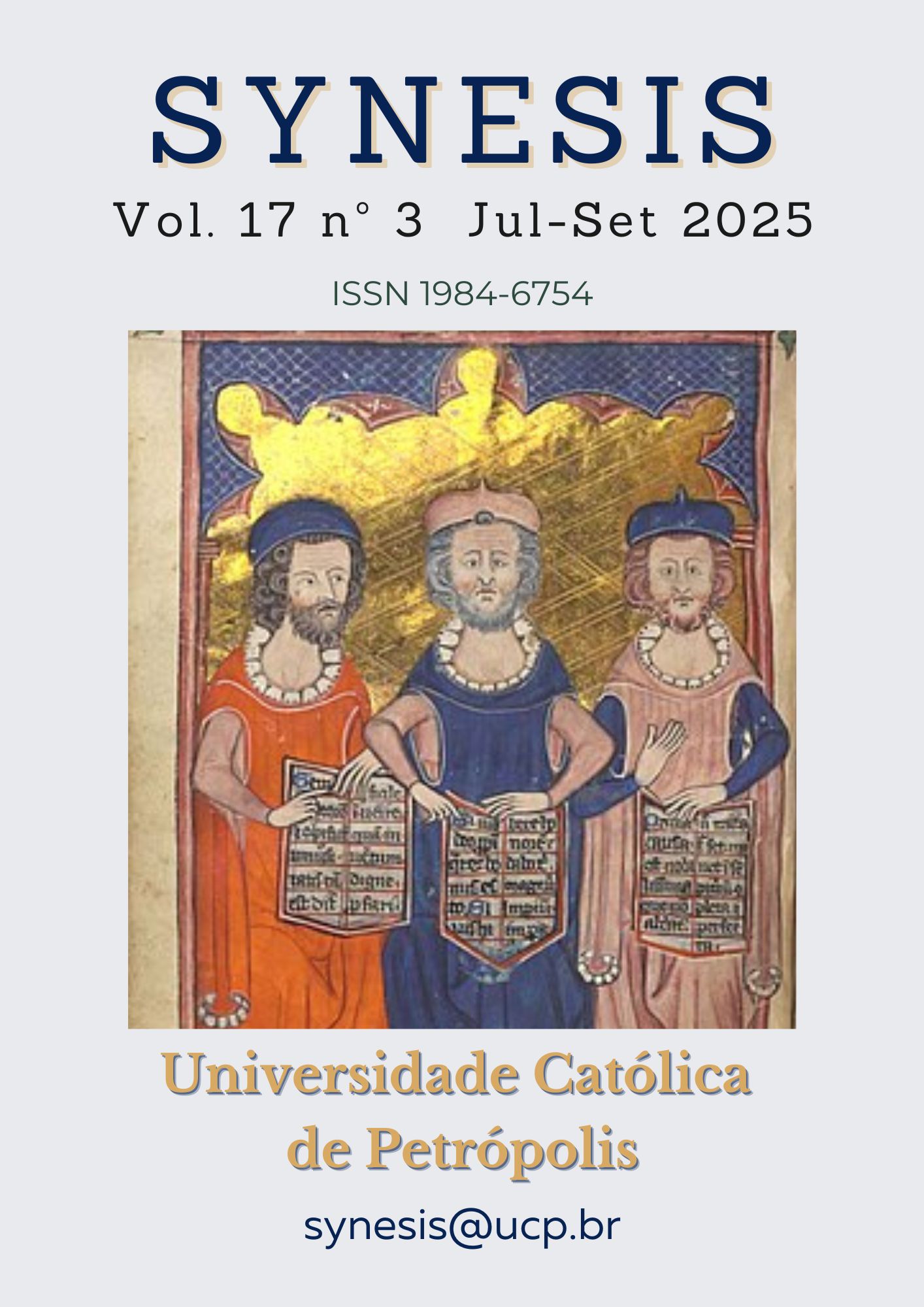Abstract
This paper reexamines John Stuart Mill’s philosophy of freedom as articulated in On Liberty, focusing on his enduring attempt to reconcile individual autonomy with the moral and legal boundaries of social order. Through a textual and comparative analysis, the study investigates how Mill’s harm principle—that liberty extends only until it causes harm to others—defines the ethical limits of state and social authority. The research situates Mill’s liberal thought within nineteenth-century political philosophy while assessing its contemporary relevance to debates on human rights, moral pluralism, and democratic responsibility. Findings reveal that Mill’s defense of freedom of thought, speech, and individuality remains central to modern discussions of civil liberty, yet his model underestimates structural inequalities and collective constraints that shape real freedom. By integrating philosophical, historical, and political perspectives, this study contributes to a deeper understanding of liberty as both a right and a moral condition for human development. It concludes that Mill’s liberal ideal—though historically limited—continues to serve as a critical foundation for evaluating the ethical balance between personal autonomy and the collective good in modern democratic societies.
References
Bell, M. C. (2021). John Stuart Mill’s Harm Principle and free speech: Expanding the notion of harm. Utilitas, 33(2), 162–179. https://doi.org/10.1017/S0953820820000229
Blasi, V. (2024). Is John Stuart Mill’s On Liberty obsolete? Daedalus, 153(3), 14–30. https://doi.org/10.1162/daed_a_02086
Do, T. (2024). Metaphysics of loneliness in Dostoevsky’s view of life: Essence and issues posed. Synesis, 16(1), 582–600. https://seer.ucp.br/seer/index.php/synesis/article/view/2994/3762
Do, T. (2025). Dostoevsky’s existential philosophy: A new contribution to freedom. Kalagatos – Revista de Filosofia, 22(2), eK25023. https://revistas.uece.br/index.php/kalagatos/article/view/15245
Do, T., & Nguyen, T. T. D. (2022). Separation of powers in John Locke’s political philosophy. Synesis, 14(1), 1–15. https://seer.ucp.br/seer/index.php/synesis/article/view/2148
Do, T. (2022). Aristotle’s thought on citizenship and the historical lessons for building a socialist law-governed state in Vietnam today. Synesis, 14(2), 30-48. https://seer.ucp.br/seer/index.php/synesis/article/view/2193
Do, T. T. T. (2023). Jean-Jacques Rousseau’s concept of freedom and equality in The Social Contract. Trans/Form/Ação: Revista de Filosofia, 46(2), 305–324. https://doi.org/10.1590/0101-3173.2023.v46n2.p305
Dilnavoz Rakhimdjanova. (2021). The concept of the idea of freedom in ancient and medieval philosophy. Psychology and Education Journal, 58(1), 4553–4563. https://doi.org/10.17762/pae.v58i1.1562
Marx, K., & Engels, F. (2001). Collected works (Vol. 4). Hanoi: National Political Publishing House.
Mill, J. S. (2006). On liberty (N. V. Trọng, Trans.). Hanoi: Tri Thuc Publishing House.
Mills, A. J., Durepos, G., & Wiebe, E. (Eds.). (2009). Encyclopedia of case study research. Sage Publications. https://doi.org/10.4135/9781412957397
Ngo, T. N. (2010). John Stuart Mill’s thought on individual freedom. Journal of Social Sciences, 8(144), 2010.
Ngo, T. N. (2011). John Stuart Mill and On Liberty. Philosophy Review, 11(246), 2011.
Ngo, T. N. (2012). John Stuart Mill and the movement for women’s rights. Journal of Family and Gender Studies, 3(22), 2012.
Schmidt, A. (2022). Freedom in political philosophy. Oxford Research Encyclopedia of Politics. https://doi.org/10.1093/acrefore/9780190228637.013.2022
Spicer, M. W. (2014). John Stuart Mill’s views on liberty, contestation, and individuality and their implications for public administration. All Maxine Goodman Levin School of Urban Affairs Publications. https://engagedscholarship.csuohio.edu/urban_facpub/1246
Stumpf, S. E. (2004). History of philosophy and theses (Do Van Thuan & Luu Van Hy, Trans.). Hanoi: Labor Publishing House.
Stumpf, S. E., & Abel, D. C. (2004). Introduction to Western philosophy (Luu Van Hy, Trans.). Ho Chi Minh City: HCMC Publishing House.
Tran, T. T. (2022). Freedom in Jean-Paul Sartre’s philosophy. Hanoi: Social Sciences Publishing House.
Wendy Donner. (1991). The liberal self: John Stuart Mill’s moral and political philosophy. Cornell University Press.
Wilkinson, T. M. (2020). On liberty and harm in liberal thought. Utilitas, 32(2), 219–235. https://doi.org/10.1017/S0953820819000554
Hansson, S. O. (2020). John Stuart Mill and the conflicts of equality. The Journal of Ethics, 26, 433–453. https://doi.org/10.1007/s10892-022-09393-7
Henrik Skaug Sætra. (2019). The tyranny of perceived opinion: Freedom and information in the era of big data. Technology in Society, 59, Article 101155. https://doi.org/10.1016/j.techsoc.2019.101155
Magee, B. (2003). The story of philosophy (H. P. Anh & M. Son, Trans.). Hanoi: Statistics Publishing House.

This work is licensed under a Creative Commons Attribution-NonCommercial-NoDerivatives 4.0 International License.
Copyright (c) 2025 Synesis (ISSN 1984-6754)

